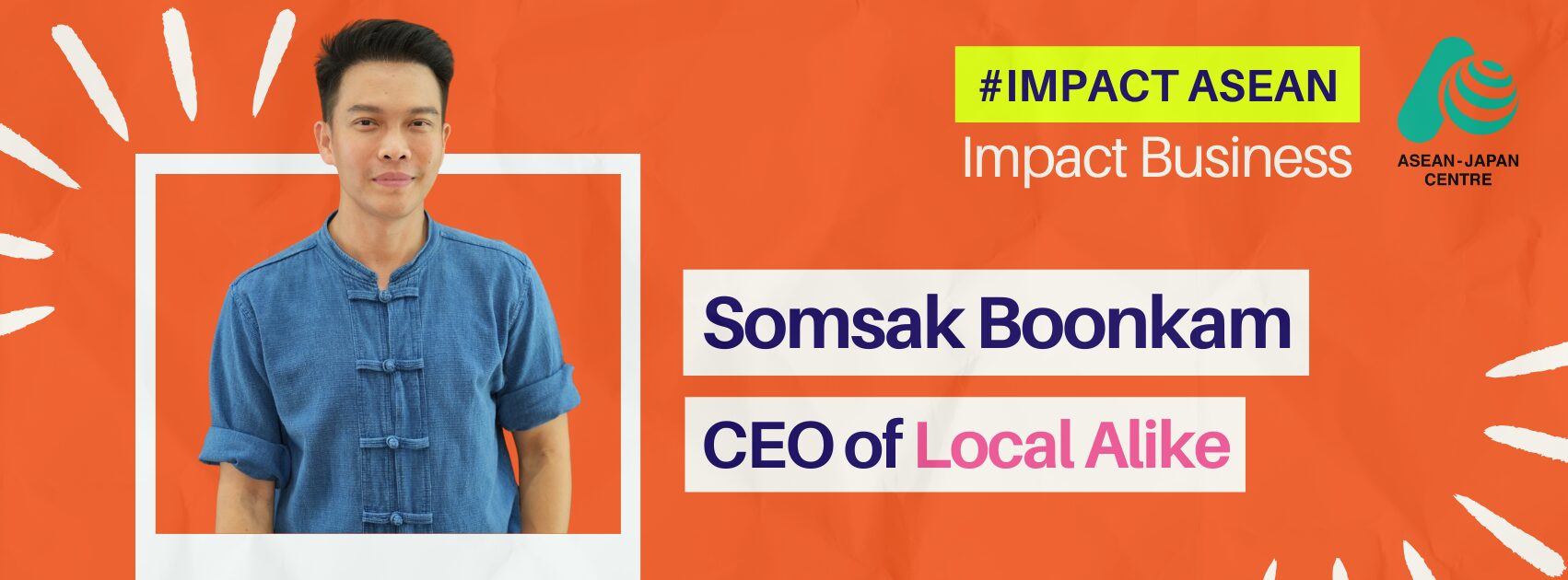Established in 2011, Local Alike is a pioneering impact business leveraging community-based tourism (CBT) for community development and economic empowerment in Thai villages. With over 200 community partnerships spanning over 60 provinces, Local Alike helps them establish and manage tourism businesses that benefit economically from their unique cultural and natural resources.
Founder Somsak Boonkam shares his journey of resilience and vision, from growing up in a rural village with no electricity to helping entire villages in Thailand achieve long-term sustainability and self-sufficiency.
Read more about Somsak’s #impact journey below.
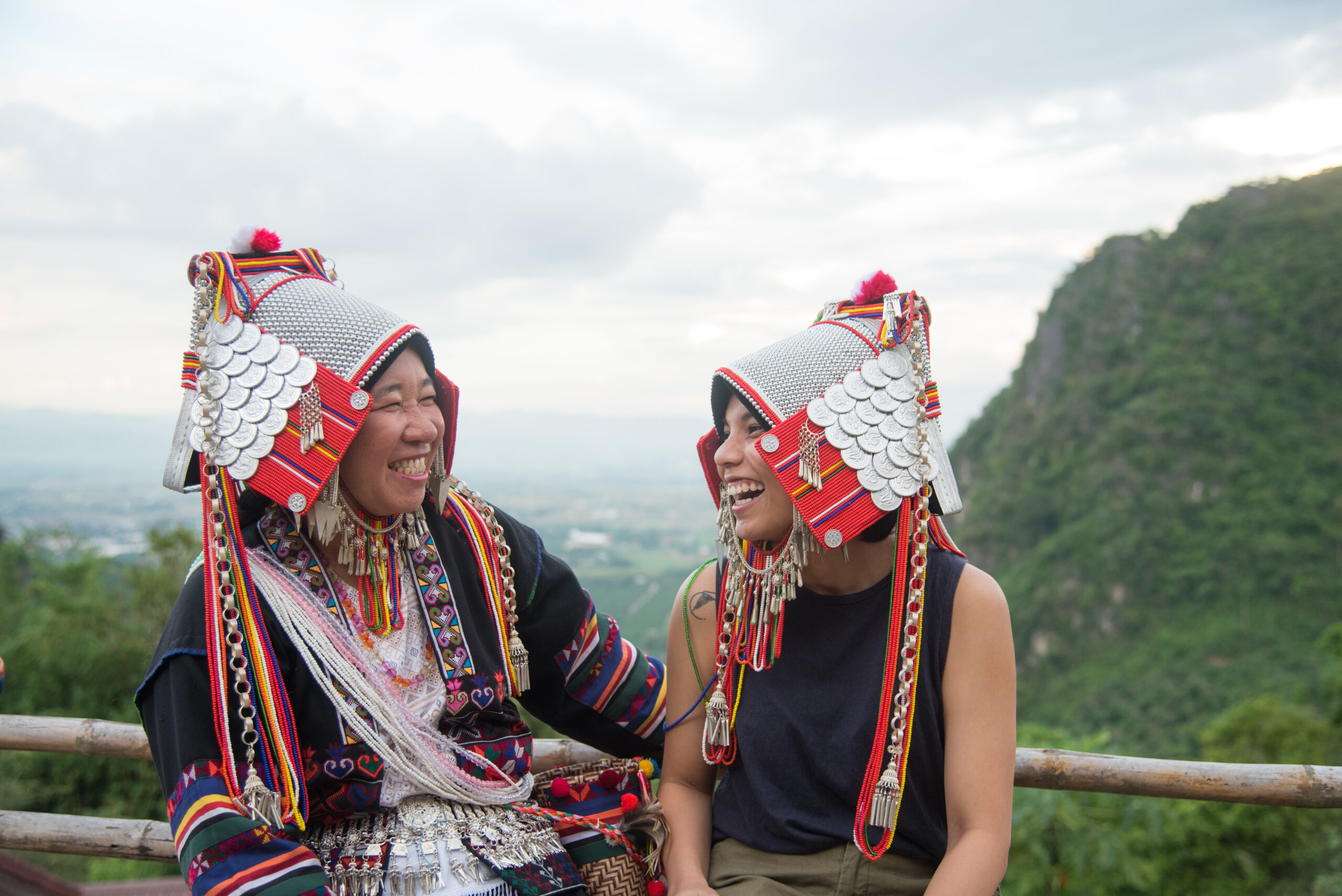
Q. Can you tell us about the activities of your #impact business, Local Alike?
Local Alike started back in 2011. Our main goal is to use tourism as a tool for community development while creating economic opportunities for villages in Thailand.
We focus on three key areas within our community-based tourism (CBT) model. First, we act as a development partner with local communities, helping them set up and manage their tourism businesses from ground-up so they can benefit economically from their resources. This process typically takes about 5 months to a year before a village is ready to welcome its first group of tourists.
Second, we market and sell tour packages, both domestically and internationally, which helps promote these community-based tourism experiences.
Third, we invest in and support local social enterprises (SEs) within the villages. We help them become self-sufficient businesses, ready to take on investments and grants from larger companies or government bodies.
Our model works on a 70/30 basis: 70% of the revenue goes to the village, and 30% is a management fee for Local Alike, which we normally charge from tourists. This way, the villages directly benefit from the plans we make together.
Q. How did your #impact journey begin?
I worked as an engineer for three years before transitioning. I was hired by a German company as part of their first batch of Thai engineers. I moved to Germany to learn their production processes and then helped set up a new factory in Thailand, working 24/7 for three years.
Exhausted, I took a one-month break to travel. Visiting Myanmar and India, I saw a lot of inequality, reminding me of my own childhood. I realized that while engineering paid well, it didn’t help people who come from poverty.
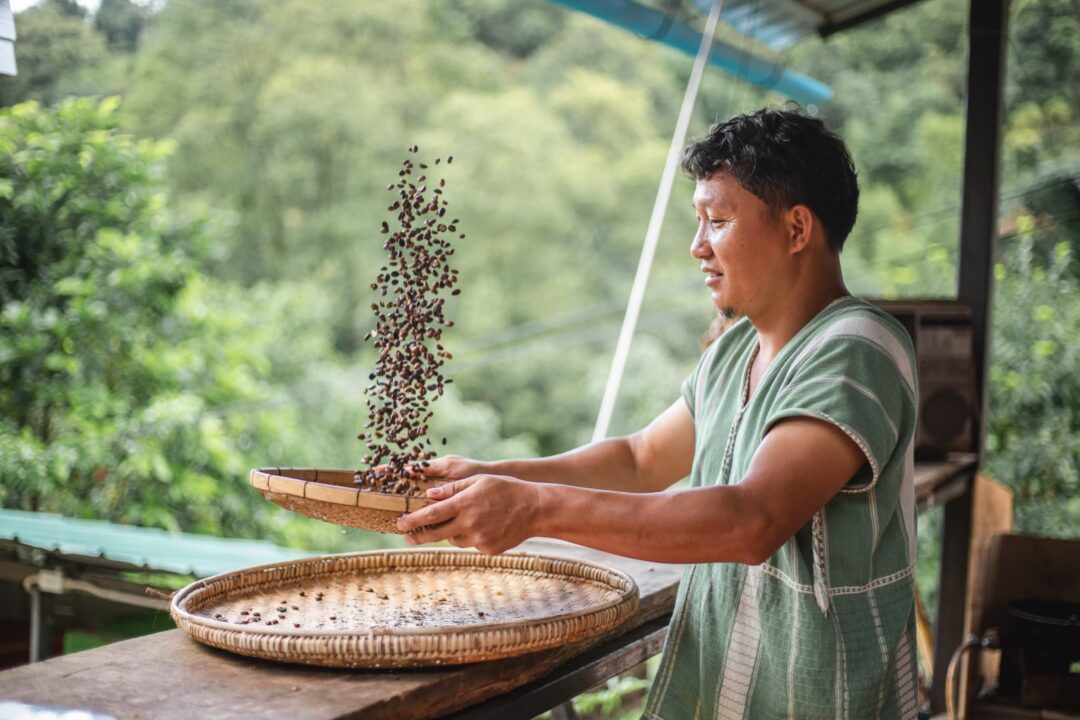
I started thinking about businesses that could positively impact local communities. Inspired by SEs and development projects in Thailand such as Doi Tung Development Project (DTDP) of Mae Fah Luang Foundation developed by Queen Sirikit, I decided to quit my engineering job and use my savings to study sustainable business management in San Francisco. This gave me a whole new perspective on business.
After graduating, I spent three months in Chiang Rai, northern Thailand, where I saw local hill tribe villages struggling economically. I wanted to change that, so I began studying tourism in Thailand. I spent a year going back and forth between my home and that first village Hloryo in Chiang Rai, doing trial runs together with the villagers themselves, to find a suitable model.
Now, it’s been 14 years since I started this journey with Local Alike.
Q. What inspired you to transition from your science background to community-based tourism for your #impact business?
I grew up very poor in a small village in northeast Thailand, Roi Et. We had no electricity back then. My parents worked as labourers in Bangkok to send money back home. So, I was raised by my grandparents. This motivated me to find ways to increase economic opportunities in Thai villages so people wouldn’t need to leave their hometowns to work in the big city.
I saw tourism as a huge opportunity but noticed it often didn’t benefit local communities fairly. Typically, big tour companies would hire locals for menial tasks, and less than 10% of tourism income would go to local people. It leads to a loss of sense of ownership for locals.
I wanted to change that by empowering local villagers to manage and benefit from tourism directly. This way, they could sustain their businesses and have more bargaining power. This vision drives our work at Local Alike.
Success for us social entrepreneurs means that
– Somsak Boonkam, CEO of Local Alike
the issues we target no longer exist.
My aim is to help villages run their tourism businesses independently and sustainably. I want the new generation to have the choice to return home because they have a sustainable source of income there. That they can receive better education elsewhere and then come back to contribute to their hometowns.
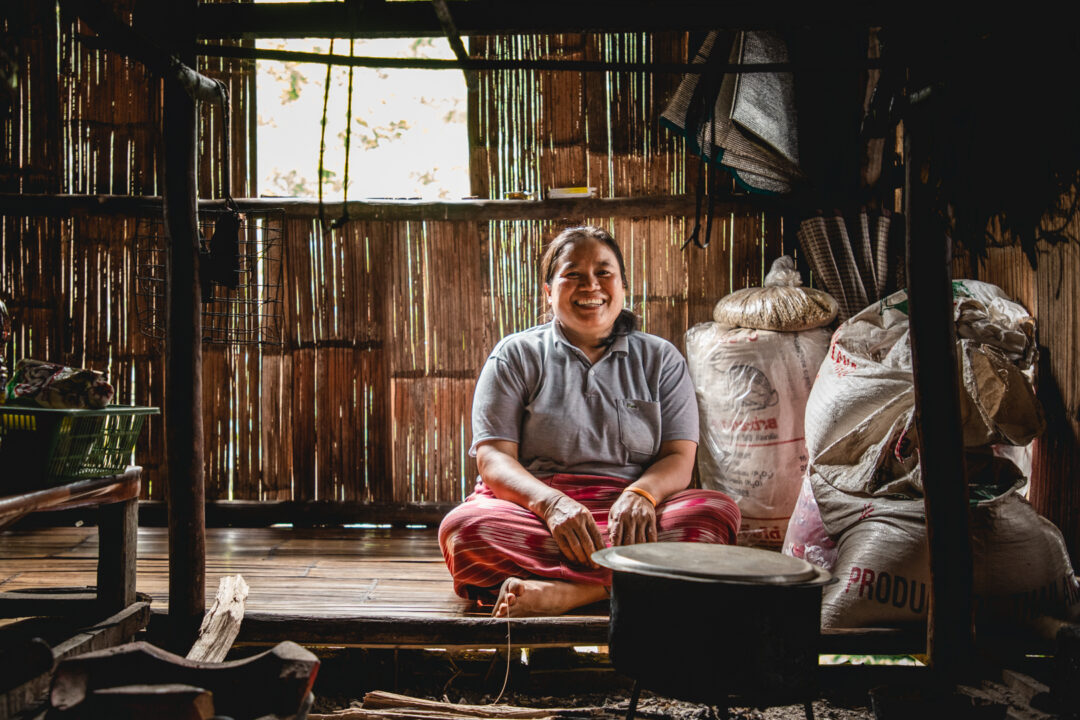
Q. How does Local Alike forge relationships with these partner communities?
After Hloryo, we connected with potential communities through public and private sector partnerships. Sustainability takes time, so we work with villages for three to five years to ensure long-term success. We start by “future casting” with the villagers, identifying their main problems and creating a roadmap for the next 5 to 10 years. We then invite relevant partners to collaborate long-term, ensuring we understand and empathize with the villagers to gain their buy-in. We anticipate and address problems, facilitate discussions, or simply listen.
We conduct 13 hands-on tourism development workshops with the villages, taking a gradual, interactive approach to prepare them for the market. We support them through the entire process to achieve economic sustainability, ensuring they generate income from tourism while caring for social and environmental aspects. Eventually, villages become independent, managing their operations while we assist with sales and marketing. They learn to partner with other companies and list their products on platforms like Booking.com and Airbnb.
As demand increased, we developed criteria for selecting partner villages. The village must have an interesting way of life, culture, or nature, a strong sense of collaboration among villagers, prior tourism experience, capacity to handle tourists. We review their existing stakeholders to ensure we aren’t disrupting existing relationships.
Q. The COVID-19 pandemic impacted industry demands; the tourism industry, perhaps most of all. How did Local Alike adapt to these challenges?
Our revenue went to 0 during COVID. We realized solely on selling tour packages is risky, especially during a pandemic. I learned you must diversify your business model.
But to adapt to COVID-19 shutting down domestic tourism, we set up Local Aroi, a chef’s table delivery service and Local Alot, an e-commerce platform selling locally produced goods. This not only provided some revenue to sustain our staff but also supported local communities financially.
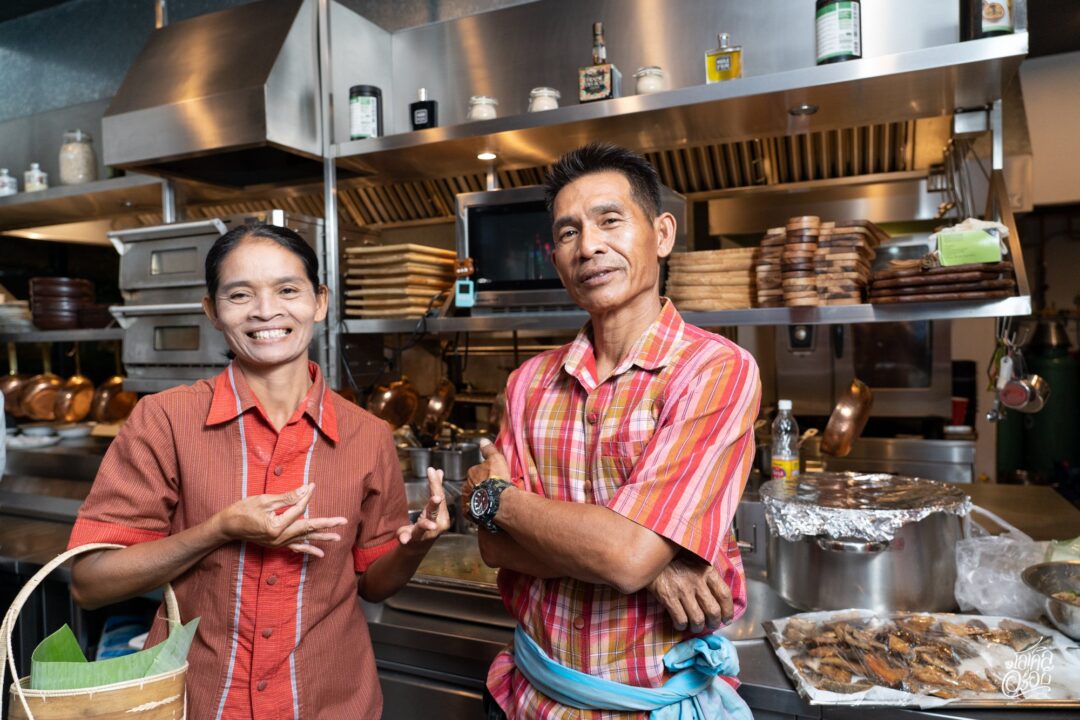
CBT model is designed to be a second source of income for locals. They maintain their primary livelihoods, whether as farmers, artisans, or other roles. This diversification helps them remain less affected during crises like pandemics.
We had 3 years of consecutive loss, but the experience allowed me to focus on growing Local Alike organically and not just exponentially.
– Somsak Boonkam, CEO of Local Alike
Because ultimately, our focus is for the local communities to grow together with us as well.
Q. What support are you seeking from government and ecosystem builders?
The Thai impact ecosystem has its challenges. SEs in Thailand face a choice: operate as non-profits and receive tax benefits, but with no profit-sharing to attract private investors, or operate with a profit-sharing model and miss out on tax benefits. This dilemma stifles SE growth.
The government should focus on building the Thailand impact investment ecosystem. The government could begin to see SEs as “providers” solving social issues within the national development plan and collaborate with them. For instance, the government can support SEs by providing sponsorships or hiring them for their expertise. The government could introduce regulations that make it easier to invest in SEs and for SEs to raise funds publicly.
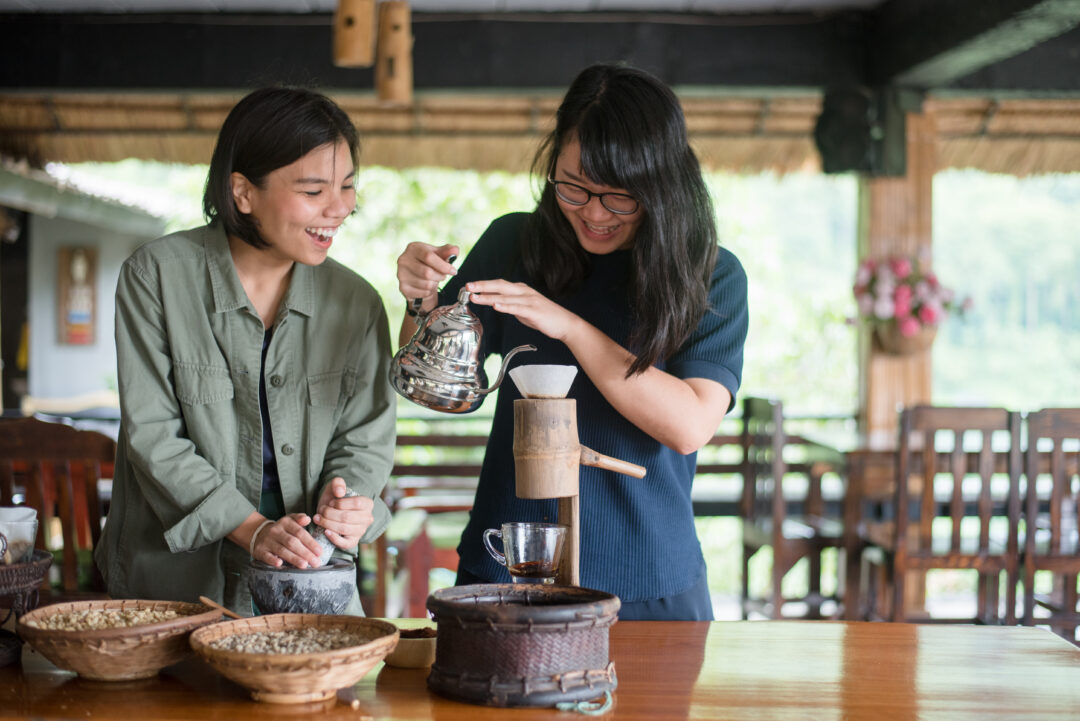
For the tourism industry, I encourage the government to implement projects that improve villagers’ livelihoods with a long-term perspective rather than focusing on short-term fiscal year goals. They should develop long-term planning for specific destinations they want to develop.
Q. You mentioned participating in competitions to secure funding in the first three years. Can you share more about those experiences and how they helped your business?
When Local Alike started, the “social enterprise” was a new concept in Thailand. People often mistook us for a nonprofit. We had to educate the public about SEs. Fundraising was challenging since impact investors were nearly non-existent in Thailand at the time. For the first three years, I entered competitions to secure funding and spoke with 20 traditional investors, none of whom saw our model as financially viable compared to startups.
As we expand and impact investments rise in Thailand, finding the right investors who align with our values is crucial and challenging. Negotiating terms is tough; for instance, a major investment required a drag-along clause, meaning if they exited, I’d have to sell my shares too. This was non-negotiable for me because I want to ensure local people can sustain themselves. Some VCs face regulatory issues that prevent them from investing in SEs due to the profit-sharing limit of 30%.
This year, we’re planning our first investment round, carefully selecting VCs to help us grow to the next level.
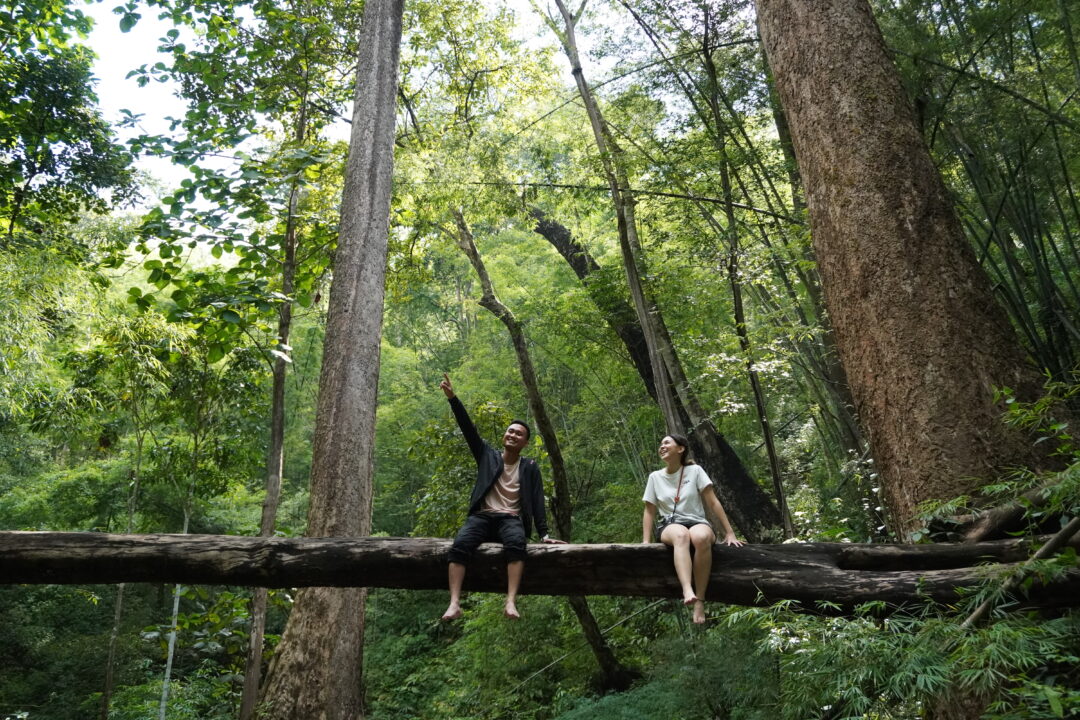
Q. What is your call to action for ASEAN #impact business owners?
If you’re passionate about sustainable management or social enterprise, don’t just have ideas—take action. Just do it, and eventually, you’ll find the right model for yourself. Of course, there are ups and downs, and times when I feel lost or demotivated. In those moments, I think of the local people I’ve worked with; they are like a second family to me. Their support motivates me to keep going.
*Photos courtesy of Somsak Boonkam.
Learn more about Local Alike on their website: https://localalike.com/
Disclaimers: This article does not constitute the promotion of the featured business. Interviews have been edited for clarity and conciseness.
| #IMPACT ASEAN is an initiative by the ASEAN-Japan Centre to spotlight impact investment & sustainable finance ecosystem actors of ASEAN and Japan. The ASEAN-Japan Centre works as an Enabler collaborating directly with its counterparts to promote impact investment through seminars, collaborative workshops, company visits, and research publications among others. Be a part of the #imapct and send us an email at rpa@asean.or.jp. |


